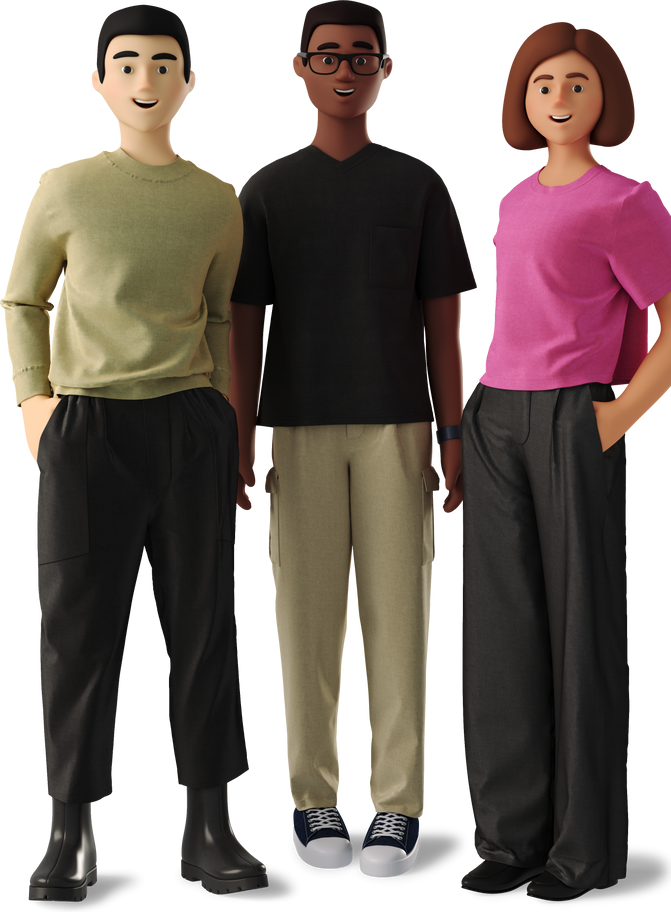
Neurodiversity training and support
- about us
- about neurodiversity
Training and supervision for professionals working with neurodivergent people in counselling, clinical and mental health settings
Neurodivergent trainers and supervisors with lived experience
Support for employers/self employed, including Access to Work coaching and disability impact/awareness training packages
Our services are designed and led by neurodivergent people with a wealth of experience working with neurodivergent people in clinical and coaching practice.
What is neurodiversity?
Neurodiversity is the idea that variations in the human brain’s functioning are normal and expected differences, not problems or deficiencies.
Neurodiversity and neurodivergence
At Free2BMe, we work with a neuro-affirming approach. This means that we accept that society is neurodiverse - no two minds are exactly the same.
We also acknowledge that society does work on the basis of assumed norms, which are based on the majority “neurotypical” or “neuronormative” way of being. Those whose neurological makeup differs significantly from these norms are said to be “neurodivergent” or “neurodevelopmentally different”.
Neurodevelopmental differences are usually present at birth and have a genetic element. These include autism, ADHD, specific learning differences such as dyslexia and dyspraxia, Tourette’s syndrome and epilepsy. These neurodevelopmental differences are present throughout life. Challenges and strengths can vary during different life stages and depending on environment and context.
Neurodivergence can also be acquired through life. This could include traumatic brain injury, PTSD and C-PTSD, and other long term mental health conditions such as OCD, which may improve over time with treatment, support or rehabilitation.
We aim for an inclusive society in which all neurodivergent people are free to be themselves.
Ableism and oppression
We acknowledge that neurodivergent people are more likely to be marginalised and/or oppressed and experience ableism because they may find it more difficult to conform to the majority social, cultural and context-based norms.
Neuronormative expectations around things like communication, sensory tolerance, social rules, and how people study and work may exclude or disadvantage neurodivergent people to different degrees.
We might feel we need to mask our neurodivergent traits when we don’t feel accepted and understood as we are. We can begin to internalise ableist social and cultural narratives as a problem with us and our way of being.
At Free2BMe, we appreciate and understand how these experiences, over a lifetime, can impact neurodivergent mental health. We acknowledge the impact of ableism and the challenges of operating in a society that does not always see or accommodate your differences.
Our training explicitly addresses neuro-ableism and internalised ableism and their impact on mental health and wellbeing.
Intersectionality
We recognise that neurodivergent people may also experience additional forms of oppression in society, such as racism, classism, sexism, prejudice against those with physical or invisible disabilities/chronic illness, and prejudice based on religious beliefs, sexuality or gender identity.
We are committed to anti-oppressive and culturally aware practice. We will always acknowledge the impact of structural and societal oppression and welcome diversity of all kinds on our courses and other services.
Services
-
Employers
Find out about the services we provide for employers, including Access to Work coaching, disability impact training, and manager/HR training
-
Coaching services
Our coaching services for adults and young people are adapted and tailored to the needs of neurodivergent individuals and groups.
-
Training & consultancy
We provide training for mental health professionals on working with neurodivergence in practice and can offer bespoke training packages to organisations.

